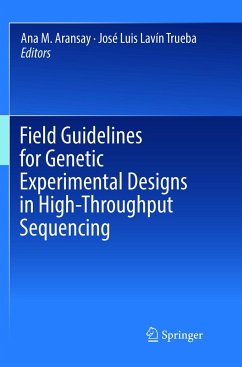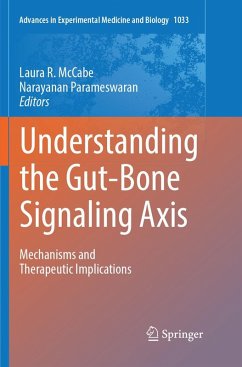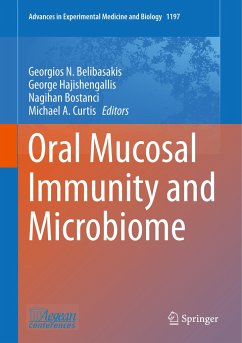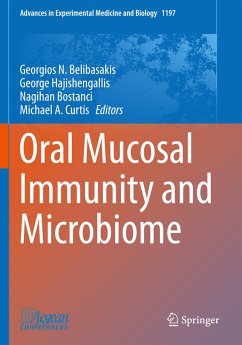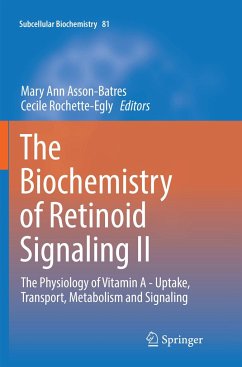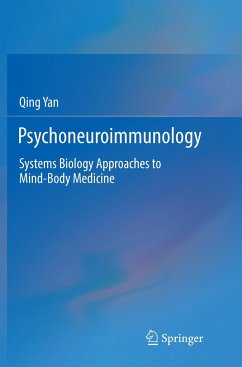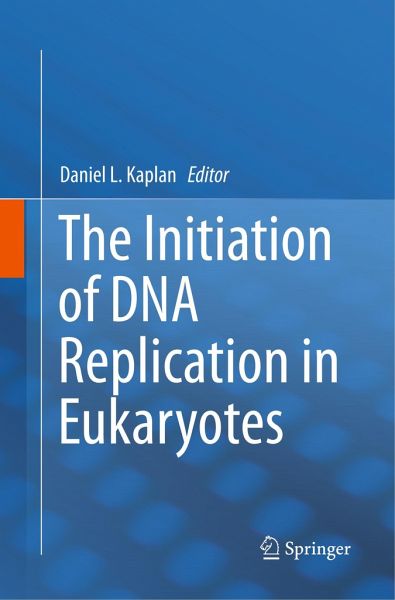
The Initiation of DNA Replication in Eukaryotes
Versandkostenfrei!
Versandfertig in 6-10 Tagen
83,99 €
inkl. MwSt.

PAYBACK Punkte
42 °P sammeln!
Every time a cell divides, a copy of its genomic DNA has to be faithfully copied to generate new genomic DNA for the daughter cells. The process of DNA replication needs to be precisely regulated to ensure that replication of the genome is complete and accurate, but that re-replication does not occur. Errors in DNA replication can lead to genome instability and cancer. The process of replication initiation is of paramount importance, because once the cell is committed to replicate DNA, it must finish this process. A great deal of progress has been made in understanding how DNA replication is i...
Every time a cell divides, a copy of its genomic DNA has to be faithfully copied to generate new genomic DNA for the daughter cells. The process of DNA replication needs to be precisely regulated to ensure that replication of the genome is complete and accurate, but that re-replication does not occur. Errors in DNA replication can lead to genome instability and cancer. The process of replication initiation is of paramount importance, because once the cell is committed to replicate DNA, it must finish this process. A great deal of progress has been made in understanding how DNA replication is initiated in eukaryotic cells in the past ten years, but this is the first one-source book on these findings. The Initiation of DNA Replication in Eukaryotes will focus on how DNA replication is initiated in eukaryotic cells. While the concept of replication initiation is simple, its elaborate regulation and integration with other cell processes results in a high level of complexity. This book will cover how the position of replication initiation is chosen, how replication initiation is integrated with the phases of the cell cycle, and how it is regulated in the case of damage to DNA. It is the cellular protein machinery that enables replication initiation to be activated and regulated. We now have an in-depth understanding of how cellular proteins work together to start DNA replication, and this new resource will reveal a mechanistic description of DNA replication initiation as well.





